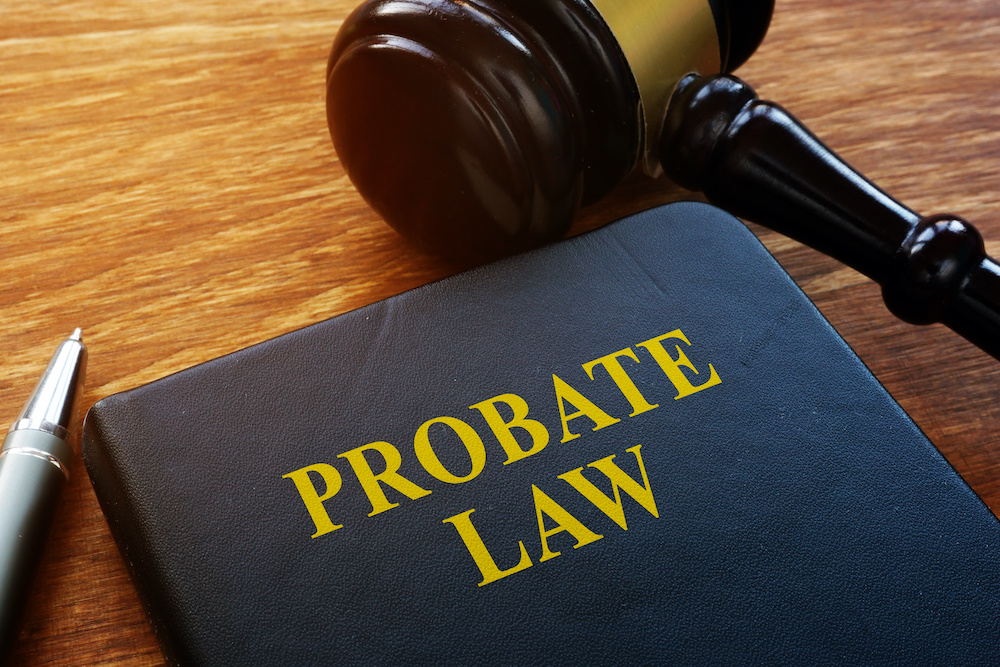
After someone you love dies, a court will disperse their money and property either according to their will or to the state’s default distribution scheme. (This is often found in its “intestacy” statute). While most people prefer to manage the settlement process ASAP, the probate process often takes between 18 and 24 months. Yes, you read that right. This type of time delay creates unnecessary stress. So, be kind to your family by setting up a trust. This helps families who need access to funds and/or property in the short-term.

5 Reasons Probate Process Takes So Long
Why does the probate process take so long? Here are five common reasons:
- Paperwork.
Most people report that managing paperwork relative to the probate process can be a monumental undertaking. This is due to structured timelines and court-imposed deadlines. - Complexity.
Estates with numerous or complicated accounts take longer to probate. This is due to the necessity to account for and value items. - Probate court caseload.
Most probate courts employ limited staff to deal with high caseloads. - Challenges to the will.
Heirs, beneficiaries, and those who thought they would be named as beneficiaries, can object. By challenging the will’s instructions, these challenges lead to close examination of legal requirements. State laws dictate the length of the time during anyone must object. So, challenges to wills can add years to the probate process. Some of the most common challenges include assertions that the will maker:

- Lacked testamentary capacity (i.e., lacking the legal or mental ability to make a will).
- Was delusional.
- Became subject to undue influence (wrongful pressure to do something they didn’t want to do).
- Was a victim of fraud.
5. Creditor Notification.
The courts must notify the deceased person’s creditors about probating the estate; so they have time to submit legal claims for debts. This time period varies from state to state. But it generally lasts four to nine months.

The bottom line is that, while most state probate laws keep the process moving along in a timely manner, that’s more of a plan than a reality.
Avoiding the Probate Process with a Trust Is Preferable
Simply put, deceased people who created a trust eliminate the complicated probate process. By creating and funding a trust, accounts and property are no longer viewed as being owned by the deceased person. Thus, they are not subject to the supervision of the court. Their distribution is controlled by the instructions left in the trust agreement. Administering a trust instead of a probate is usually quicker. This means that beneficiaries receive assets more quickly, reduce costs, and lessen stress levels.
Take Action Now to Eliminate the Probate Process

- If you need help settling a probate estate, we can help. We will move the process along and remove some of the burden so you can get on with life.
- We can help you make sure you won’t burden your loved ones the way you’ve been burdened. How? We’ll show you how to avoid probate with a trust.
- Call today. As an added convenience to our clients, we can meet via video conferencing.
About Skvarna Law Firm in Glendora and Upland, California

Skvarna Law Firm operates offices in Glendora and Upland, California. We provide legal services. We cover San Bernardino, Los Angeles, Orange and Riverside Counties. This includes several cities. Upland, Ontario, Rancho Cucamonga, Fontana, Colton, Rialto, Chino, Chino Hills, Glendora, Claremont, Pomona, La Verne, Montclair, San Dimas, Azusa, Covina, West Covina, Diamond Bar, Walnut, La Puente, Corona, Norco & Mira Loma. Visit SkvarnaLaw.com to learn more.

